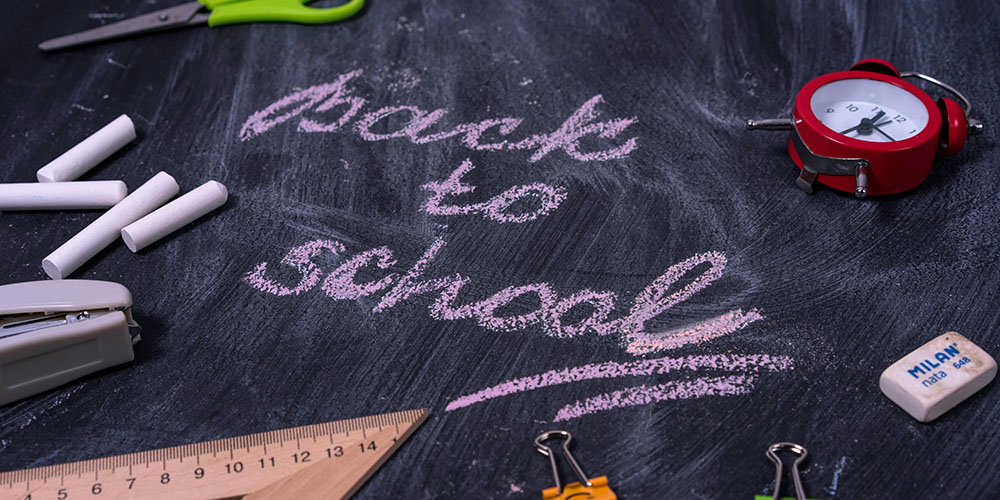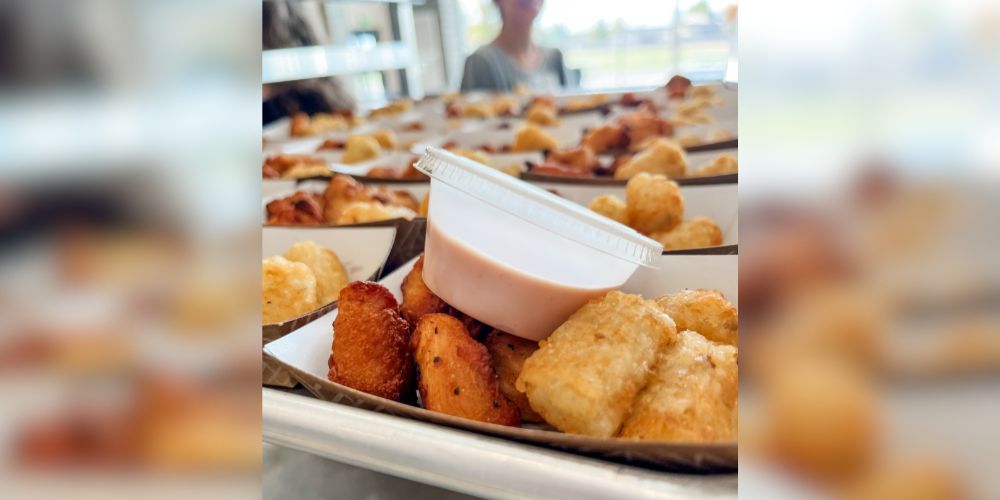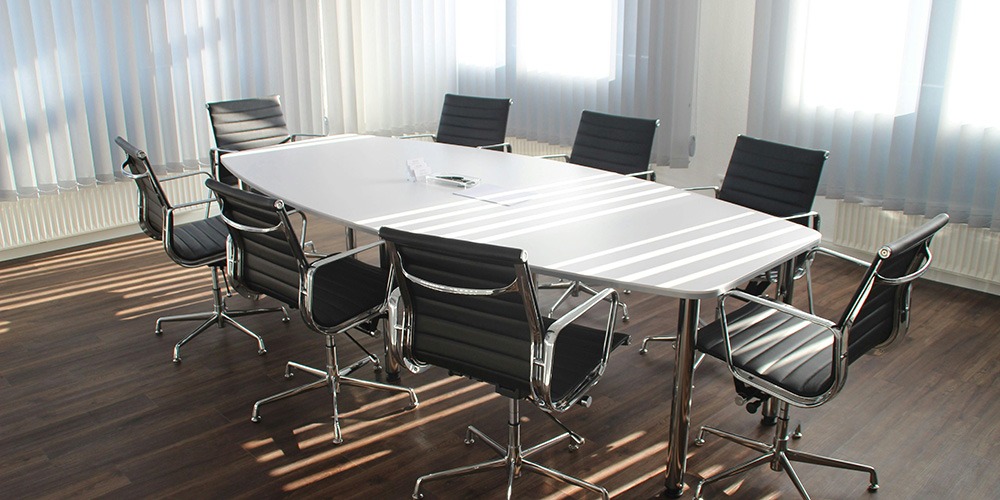Psych Tip of the Week – Episodic Memory and Learning
Each week we will be sharing a tip from our school psychologist, Mrs. Rollins.
This week we are talking about – Episodic Memory and Learning
One cognitive area that often comes up with struggling learners is problems with memory. It could be short-term memory, long-term, both or attention problems that mask as memory issues. The book Memory at Work in the Classroom by Bailey and Pransky has good suggestions about how to help students with memory problems. One way is utilizing Episodic Memory.
Episodic memory is the type of memory we are most familiar with. It is remembering a personal experience versus semantic memory which is the type of memory of things we know. Often episodic memory provides the context for our other forms of memory. The way we choose to do a task may come from an experience we had which formed what information we know and how we like to do something.
The emotions that come with episodic memory can help trigger semantic memory in order to create the whole picture. Episodic memory is triggered by sensory activation, so a smell, taste, touch, sound or even body position can help us recall. When we help our students recall, we can ask them about which area of the classroom we were sitting in, what table grouping they were part of, music that you played, snack that was given that day, etc.
Ways that we can facilitate episodic memory in the classroom are:
-Include student’s experiences outside the classroom to connect with academic content.
-Change room arrangement correlated with learning topic.
-Color code information or visual supports to coordinate with specific subjects or information.
-Integrate strong sensory input into lessons as appropriate.
-Consider taking a field trip as an introduction to a unit rather than a culminating activity.
-Seeing relevant movies or movie clips before reading a book or text in order to foster connections while reading.
Learning this way can be very effective because it increases student motivation as well. One important thing to note is that the experience itself is not enough to actually promote learning. The students need to be able to reflect and use language to make connections about the experience to other knowledge and have opportunities to recall the event so that it is stored in long-term memory with rich detail.
Don’t forget to check out our Facebook, Instagram, or Twitter pages!
July 9th, 2025





